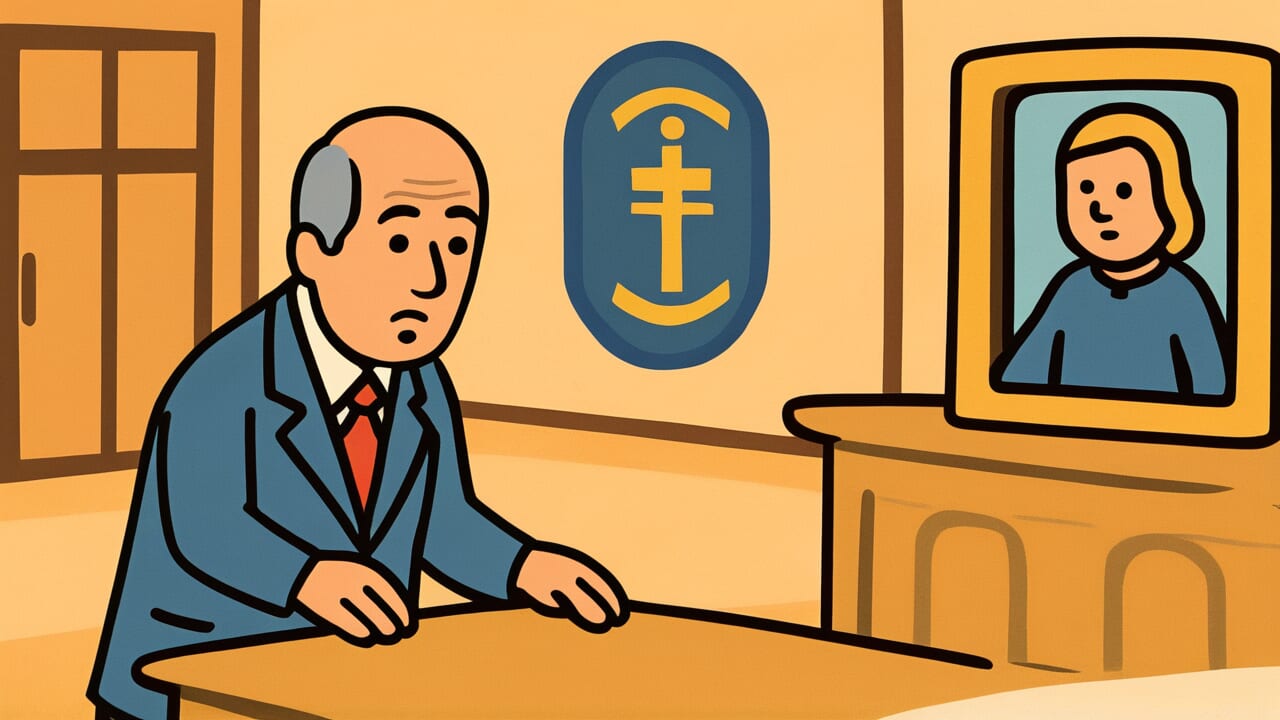How to Read “No one is born an elder”
うまれながらのちょうろうなし
Meaning of “No one is born an elder”
This proverb means that everyone starts as a beginner and grows through experience. Even the most skilled people weren’t born with knowledge or abilities. They become experts only by learning over time, making mistakes, and gaining experience.
This proverb is used mainly in two situations. First, as encouragement when beginners feel discouraged by their lack of skill. Second, as a reminder for veterans to stay humble when teaching beginners.
Modern society often demands immediate results and efficiency. But this proverb reminds us of a simple truth: growth takes time. It teaches us the importance of moving forward step by step without rushing.
Origin and Etymology
No clear written records exist about the origin of this proverb. However, we can make interesting observations from how the words are structured.
The word “elder” originally came to Japan as a Buddhist term. It referred to senior monks who had trained for many years and achieved high virtue. In this proverb, though, it goes beyond religious meaning to mean “a person rich in experience and wisdom.”
The phrase “born as” is particularly noteworthy. It means “by birth” or “from the beginning.” So this proverb is saying “no one is an elder from the start.” Even the most respected elders were once beginners who knew nothing.
During the Edo period, the apprenticeship system was well established in the world of craftsmen. People trained under a master for many years before becoming independent. In this social context, this proverb carried special weight. It expresses in simple words the path of growth that everyone must walk.
The structure of the words itself powerfully conveys a universal truth: human growth requires time and experience.
Usage Examples
- 新入社員の頃は誰でも失敗するものだから、生まれながらの長老なしというし、焦らずに学んでいこう
- あの部長も最初は何もできなかったはずだよね、生まれながらの長老なしって言うし、私もいつか成長できるはず
Universal Wisdom
Nothing is more equal and hopeful than the fact that every human starts from inexperience. This is exactly why this proverb has been passed down for so long.
Sometimes we look at skilled people and feel overwhelmed. We despair at the gap between them and us. But those people also had their beginner days. Today’s masters were once new people who couldn’t do anything. This fact shows the great potential of human beings.
At the same time, this proverb includes respect for successful people. Those called elders weren’t born superior. They worked hard over a long time. It teaches us that this accumulation of effort is what’s truly valuable.
This proverb also creates empathy across generations. Veterans remember their beginner days, and beginners can imagine their future selves. Life is a continuous story of growth, and recognizing that everyone is on this journey connects people.
Humans aren’t born as complete beings. They’re beings who continue growing throughout their lives. This deep understanding of humanity is the universal wisdom this proverb holds.
When AI Hears This
The human brain at birth actually has about twice as many synaptic connections as an adult brain. This is a surprising fact. A baby’s brain isn’t just full of potential—it’s actually “over-equipped.” From there, about 40 percent is pruned away by age three, and more during adolescence, finally becoming an adult brain. This process is called “synaptic pruning.”
What matters is the selection criteria for what remains. Frequently used neural pathways are strengthened, while unused circuits are ruthlessly deleted. In other words, an elder’s wisdom is the physical result of the brain selecting “what’s truly important” through vast experience. Young people may have lots of information but struggle with decisions because their pruning is incomplete—they’re thinking with a noisy, overcrowded network.
Even more interesting is that this pruning depends entirely on individual experience. Even identical twins with the same genes will form completely different neural circuits if raised in different environments. Each elder has different wisdom because the pruning pattern shaped by their unique experiences is one of a kind. Wisdom isn’t genetic—it’s a sculpture carved in the brain by experience.
Lessons for Today
What this proverb teaches you today is “the courage to accept yourself as you are.” Don’t you sometimes see others’ success on social media and worry about your own inexperience? But those people also had their beginner days.
What matters is moving forward step by step from where you are now. If you rush too much for results, you can’t enjoy the learning process itself. Failure isn’t shameful—it’s proof of growth.
This proverb also teaches gratitude toward experienced people. The seniors and supervisors who guide you have walked the same path. Because they have that experience, they can give you accurate advice.
And when you someday become someone who guides others, remember these words. Don’t forget the beginner’s feelings, and watch over them warmly. That kindness is what nurtures the next generation. Growth takes time. But that time is what transforms you into a true elder.



Comments